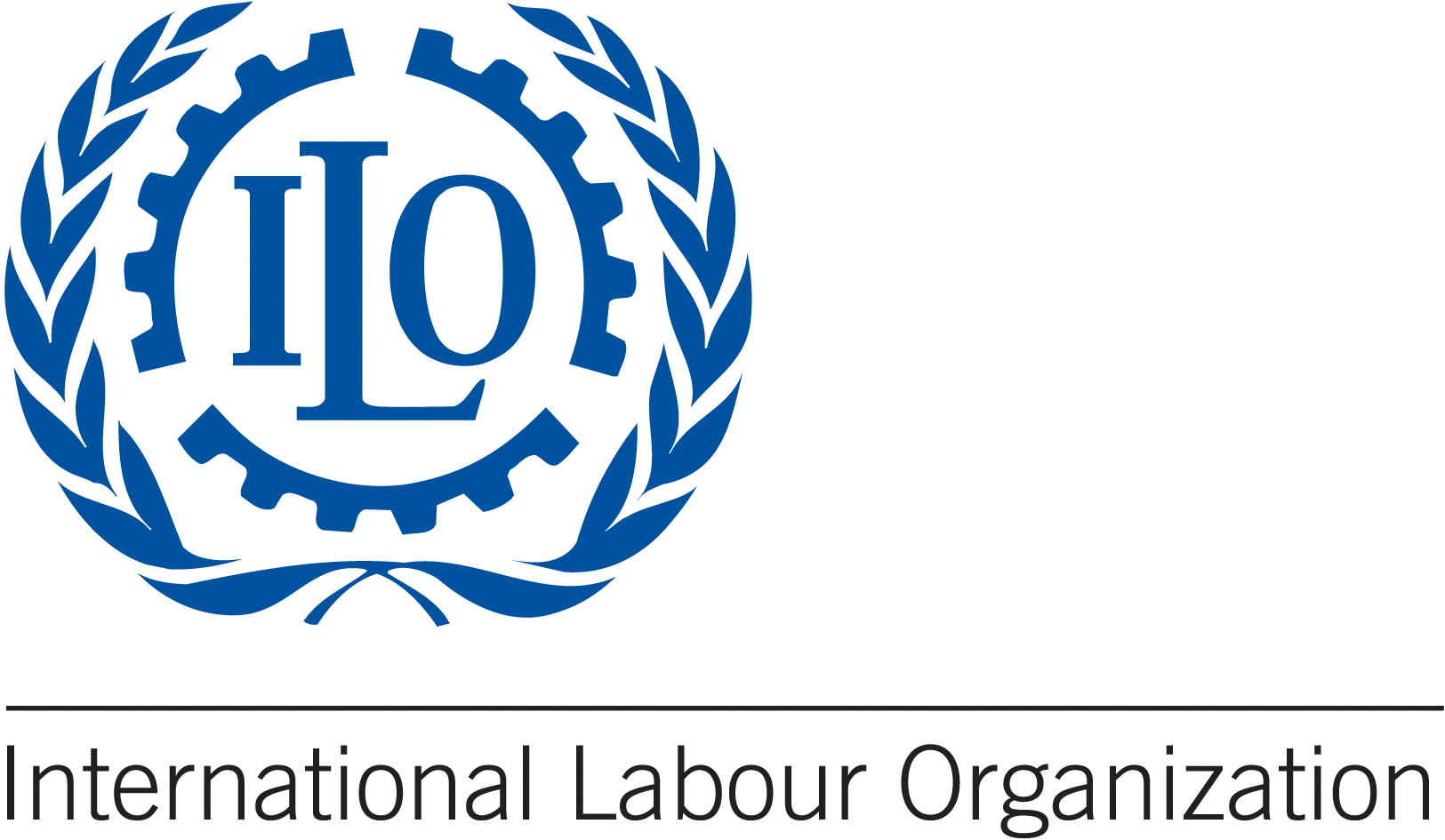Monday, May 20, 2019
Ugandan business people are keen to conduct business with their South African counterparts.
The Department of Trade and Industry (dti) is currently leading a business delegation on an Outward Trade and Investment Mission (OTIM) to the East African country.
Head of Regional Membership of the Uganda National Chamber of Commerce and Industry, Steven Kabagambe, said the chamber has been working with the dti to create awareness about the OTIM.
“The keenness of the local businesspeople to interact with their counterparts from South Africa is very high. We are looking forward to productive interactions between the south and the east. We are positive that sustainable business relationships, partnerships and linkages will be established during these interactions,” he said.
The mission kicked off in the capital of Kampala on Sunday.
He attributes the high interest in the trade mission by Ugandan businesspeople is due to the fact that South Africa is one of the biggest economies on the continent, adding that the mission presents a golden opportunity for trade and investment partnerships and collaborations.
“As a chamber we are keen on establishing partnerships amongst businesspeople from various African countries in order to increase intra-Africa trade and investments. Networking opportunities presented by the mission are perfect platforms to achieve this objective.”
He added that businesspeople will be able to share information face-to-face on investment and trade opportunities that they can explore together in each other’s economies.
Kabagambe singled out agro-processing as a sector that is abound with both investment and trade opportunities for South African companies to explore. These include value addition in dairy, beef, poultry, fish, as well as skins and hides industries.
“In fact there are opportunities in the whole of the value chains of various industries here. For an example we require hatcheries, feeds and veterinary services in our poultry sector. The exporting of skins and hides has been banned in this country and this has opened up a whole lot of opportunities for the leather industry value-chain. Opportunities are also up for grabs in our timber, and oil and gas industries,” he said.
The mission is organised and funded by the dti through its Export Marketing and Investment Assistance Scheme (EMIA).
The objective of the scheme is to develop export markets for South African products and services and to recruit new foreign direct investment into the country. More than 1 000 companies were assisted through the scheme in the last financial year. The mission will conclude on Friday. – SAnews.gov.za
About Us
 The Northern Business Review is a business community newspaper that provides a platform for businesses to market their products and services, as well as build their brand, but equally important the publication provides information, advice and topics of interest, including business, entrepreneurial, economic reviews and simple ideas to grow your business. The publication has a primary objective to “uniquely” represent businesses to a wide audience across the community as well as provide a media platform of business articles and information that affect, influence and uplift the business environment within our defined geographical and cultural community.
The Northern Business Review is a business community newspaper that provides a platform for businesses to market their products and services, as well as build their brand, but equally important the publication provides information, advice and topics of interest, including business, entrepreneurial, economic reviews and simple ideas to grow your business. The publication has a primary objective to “uniquely” represent businesses to a wide audience across the community as well as provide a media platform of business articles and information that affect, influence and uplift the business environment within our defined geographical and cultural community.
Recent Posts
- The HUAWEI MatePad T 10s 64GB: the ideal tablet for families
- TIGER BRANDS CULINARY DIVISON PARTNERS WITH BACARDI HOLIDAY CLUB FESTIVAL AS THE OFFICIAL FOOD SPONSOR
- Prevent the silent onset of chronic kidney disease. Here’s how
- 15-minute neighbourhood trend on the rise across SA
- 3Sixty Biopharmaceuticals enters into a sales and distribution agreement with Adcock Ingram’s OTC division
Designed by Nsabasi Publishing©2020
Motoring
Soshanguve learners to get automotive skills
NBR Live NBR News Markets Motoring Sport Technology Contact Us...
President Ramaphosa to officiate Nissan South Africa Investment Ceremony
NBR Live NBR News Markets Motoring Sport Technology Contact Us...
Volvo Cars to expand production following overwhelming demand for XC40
NBR Live NBR News Markets Motoring Sport Technology Contact Us...
New Engen Polo cup pace-setter emerges at Zwartkops raceway
NBR Live NBR News Markets Motoring Sport Technology Contact Us...
All-New Ford Fiesta – Raising the Stakes in Compact Car Segment
NBR Live NBR News Markets Motoring Sport Technology Contact Us...
Isuzu ChildLife Foundation Supports Ironman 4 the Kids Project in Walmer Township
NBR Live NBR News Markets Motoring Sport Technology Contact Us...
Recent Posts
- The HUAWEI MatePad T 10s 64GB: the ideal tablet for families
- TIGER BRANDS CULINARY DIVISON PARTNERS WITH BACARDI HOLIDAY CLUB FESTIVAL AS THE OFFICIAL FOOD SPONSOR
- Prevent the silent onset of chronic kidney disease. Here’s how
- 15-minute neighbourhood trend on the rise across SA
- 3Sixty Biopharmaceuticals enters into a sales and distribution agreement with Adcock Ingram’s OTC division
- LOAD SHEDDING: 9 WAYS TO PROTECT YOUR PROPERTY
- FAMILY AND NEW FRIENDS GATHER TO HARVEST NERO
About Us









Recent Posts
- The HUAWEI MatePad T 10s 64GB: the ideal tablet for families
- TIGER BRANDS CULINARY DIVISON PARTNERS WITH BACARDI HOLIDAY CLUB FESTIVAL AS THE OFFICIAL FOOD SPONSOR
- Prevent the silent onset of chronic kidney disease. Here’s how
- 15-minute neighbourhood trend on the rise across SA
- 3Sixty Biopharmaceuticals enters into a sales and distribution agreement with Adcock Ingram’s OTC division












